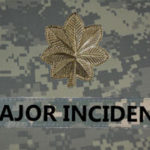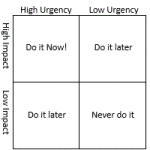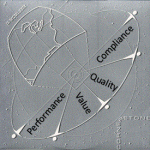
I’ve been thinking a lot about Major Incidents (MIs) lately. I guess this is normal considering it is my week in rotation as the Incident Commander (IC) for a company that manages one of the largest networks of hospitals, care centers, and clinics in the United States. To say that it is a high pressure …
Read more






